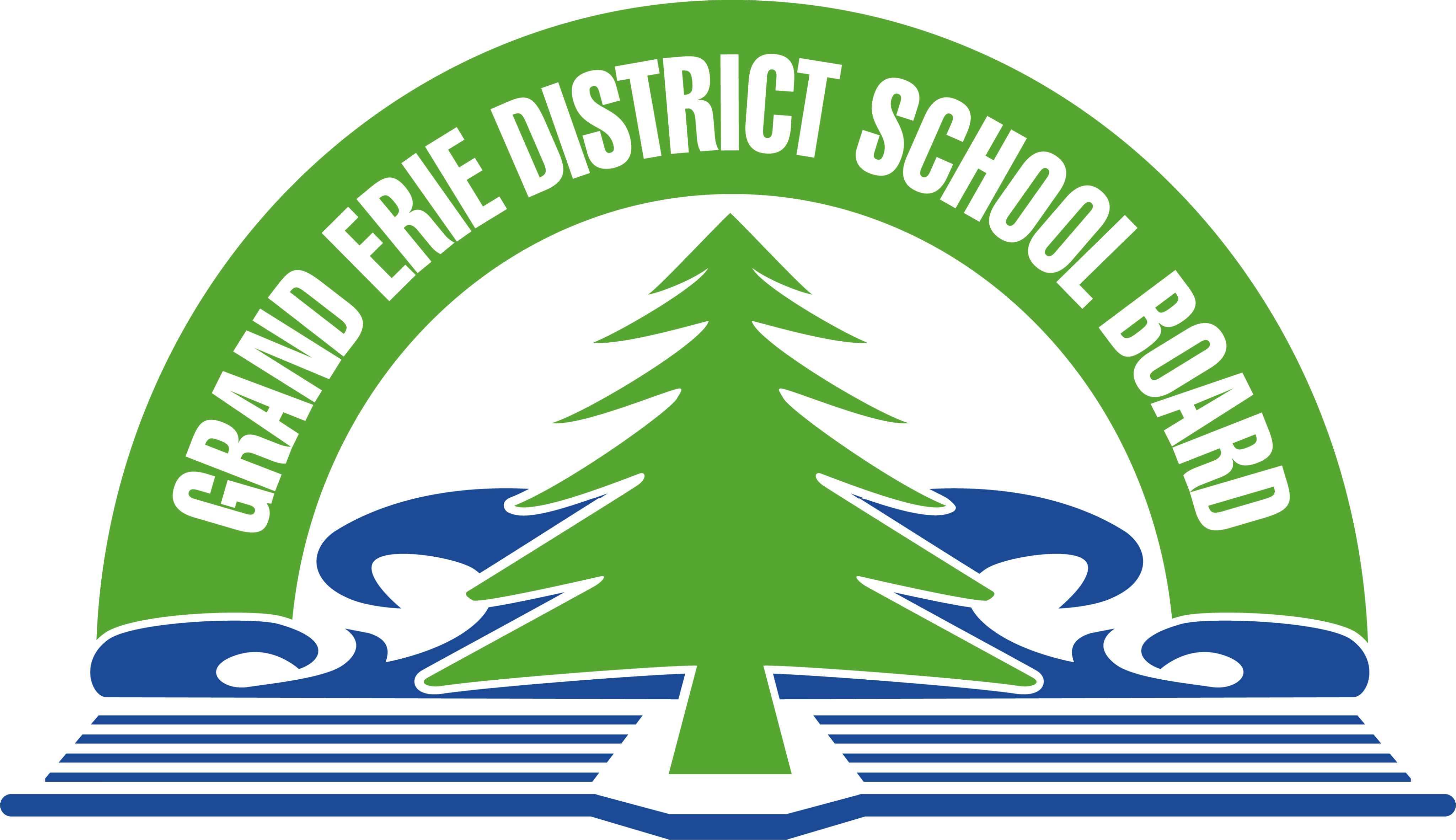About the program

What is an Individual Education Plan (IEP)?
An Individual Education Plan (IEP) is a written plan that
- Describes the special education programs and services your child needs to be successful.
- Lists your child’s strengths and needs affecting his/her learning.
- Records supports and services that help your child learn and demonstrate learning.
- Identifies expectations that are changed (modified) from your child’s age-appropriate grade level.
- Identifies alternative expectations in program areas that differ from the Ontario curriculum. (e.g. social skills, personal care, etc.)
- Includes a transition plan for all students who have an Individual Education Plan (IEP), whether identified as exceptional by an Identification, Placement, and Review Committee (IPRC) or not, for a variety of contexts that may include: entry to school, between grades, movement from elementary to secondary, movement from secondary to postsecondary, etc.
Every student who is identified as exceptional by an Identification, Placement, and Review Committee (IPRC) must have an Individual Education Plan (IEP). Students who are not formally identified as exceptional but who require a special education program and/or services have an Individual Education Plan (IEP) when one or both of the following are true:
- The school’s principal decides that the student will be assessed using modified expectations.
- The student regularly needs supports and services (accommodations) for instruction or assessment.
What is my role as a parent/caregiver?
- Take part in developing the Individual Education Plan (IEP).
- Provide up-to-date information that will help in developing and implementing your child’s educational program.
- Practice skills at home that your child is learning at school.
- Share information about skills your child has learned at school and has transferred to home and the community.
- Maintain open communication with your child’s school.
- Ask questions.
What can I expect from the school regarding the Individual Education Plan (IEP)?
- A copy of the Individual Education Plan (IEP) within 30 school days of the initial Identification, Placement, and Review Committee (IPRC), change of placement or placement in September.
- The Individual Education Plan (IEP) is written in clear, plain language.
- Ongoing participation in the Individual Education Plan (IEP) process.
- Being informed of meeting times, and the topics to be discussed at your child’s Individual Education Plan (IEP) meetings.
- Regular communication from the school regarding your child’s progress.
- The Individual Education Plan (IEP), as a working document is reviewed every reporting period.
Support and Resources
Many organizations are available to support you in understanding the IEP and/or to provide additional resources. The principal of your school can provide the names of the organizations that serve your area.
This information is also available in the Special Education Advisory Committee’s brochure, available at your local school.
Further resources for IEPs can be found on the Ministry of Education website at: www.edu.gov.on.ca/eng/parents/speced.html
Grand Erie Contacts for Special Education
- Superintendent of Education – Special Education: 519-756-6301 Extension 281122
- Principal-Leader of Special Education: 519-754-1606 Extension 287214
- Program Coordinator of Special Education: 519-756-6301 Extension 287217
- Applied Behaviour Analysis Coordinator – Special Education: 519-756-6301 Ext 287227
Tel: 519-756-6301 | Toll Free: 1-888-548-8878
Email: info@granderie.ca | www.granderie.ca
This brochure was approved by the Special Education Advisory Committee of the Grand Erie District School Board.

